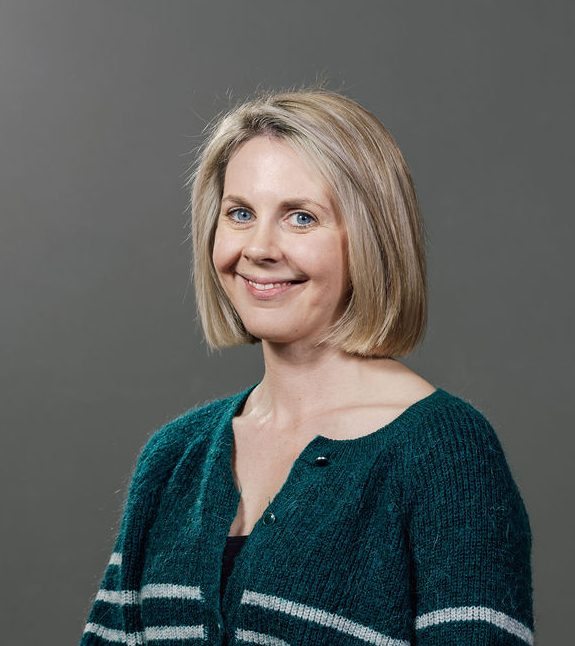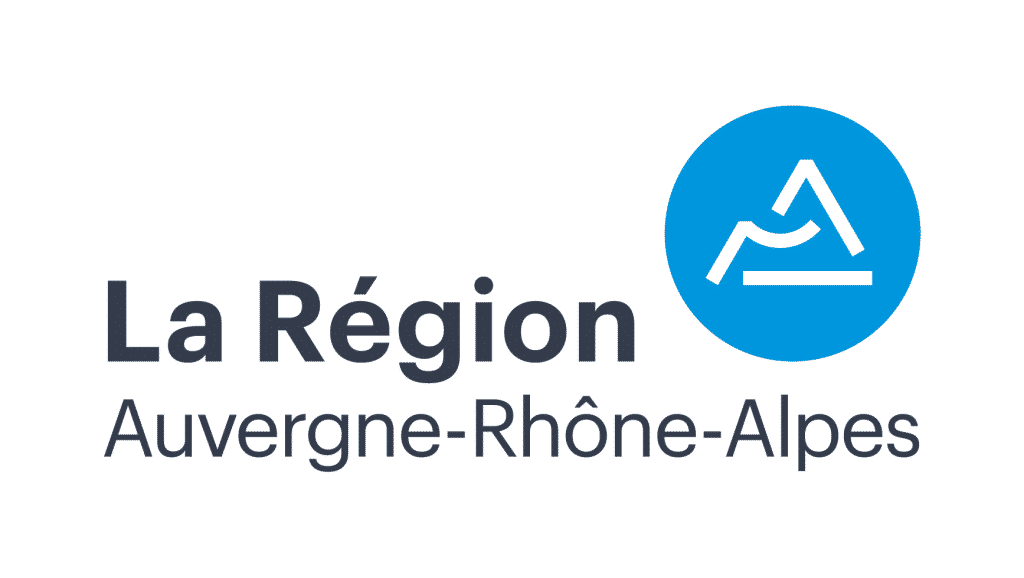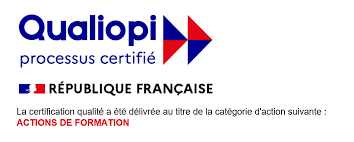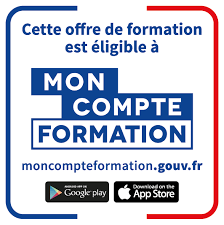What is changing and when?
On 15th July, 2025, the French government announced a crucial update: from January 1st, 2026, the required level of French proficiency for acquiring French nationality will increase from B1 to B2. This change applies to all applications, whether by marriage or by decree. This means that if you’re planning to apply for French citizenship from the start of 2026, you’ll need to demonstrate a higher level of French competence.
Why has the French government made these changes?
The increase in the language requirement from B1 to B2 is part of a broader governmental push for enhanced integration. As Minister of the Interior Bruno Retailleau stated, “becoming French must be earned, and we must be very, very demanding.” By raising the bar to B2, France aims to ensure new citizens can better understand complex information, engage in detailed discussions, and truly assimilate into the community.
What is the difference between a B1 level and a B2 level?
The Common European Framework of Reference for Languages (CEFR) defines six levels of language proficiency, from A1 (beginner) to C2 (mastery). Here’s how B1 and B2 compare:
A B1 (Intermediate) speaker can understand the main points on familiar topics (work, school, leisure) and produce simple, connected texts on personal interests, describing experiences or giving brief explanations and opinions. Generally, they can tell stories, describe events in the past, and make future plans. Essentially, they can “get by” and manage everyday situations with some independence.
A B2 (Upper Intermediate) speaker can understand complex texts (even technical) and produce clear, detailed texts on diverse subjects, explaining viewpoints. Essentially, they can express themselves spontaneously with a degree of fluency; they can argue, debate, and negotiate. This level shows greater accuracy, precision, and the ability to engage in sophisticated, nuanced discussions.
To put it simply, while a B1 speaker can navigate daily life, a B2 speaker can truly engage, debate, and express themselves effectively in a wider range of situations, including more formal or complex contexts.
What are my testing options?
For French citizenship, the DELF B2, TCF, and TEF are all officially accepted.
DELF B2: Offers permanent validity, making it a one-time investment. It’s a pass or fail diploma for a specific level, assessing the four core language skills – listening, reading, writing, and speaking. Most of our students opt for the DELF exam, which can be taken at Alliance Française in Annecy. The cost of a DELF B2 exam is currently €150.
TCF IRN & TEF IRN: Valid for 2 years. These are proficiency tests specifically designed for citizenship applications, also assessing all four skills. They assess the full range and then give you the appropriate level (A1-C2).
How does a B2 DELF differ from a B1 DELF?
While both DELF B1 and DELF B2 exams assess the four core language skills, B2 assesses your ability to use these skills in more sophisticated and flexible ways.
The DELF B2 exam has four sections, each worth 25 points (100 total). To pass, you need at least 50/100 overall and a minimum of 5/25 in each section.






